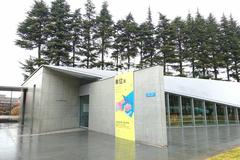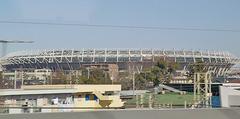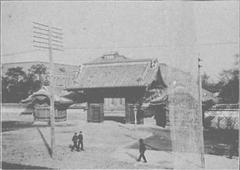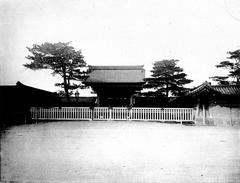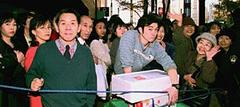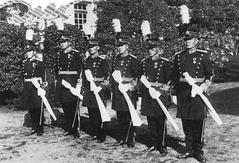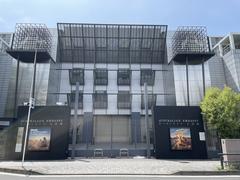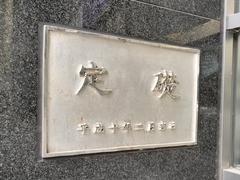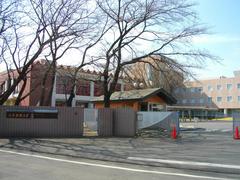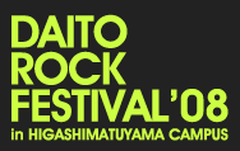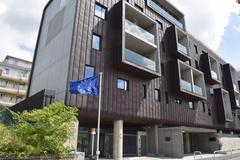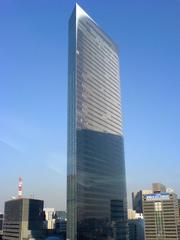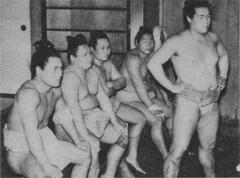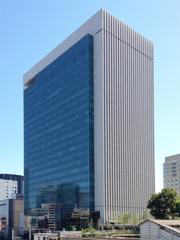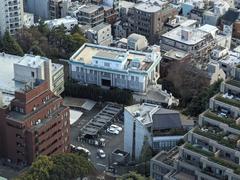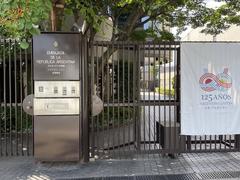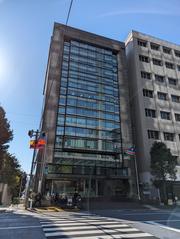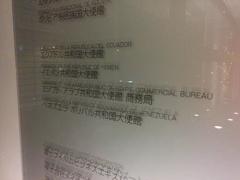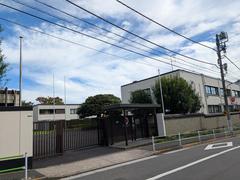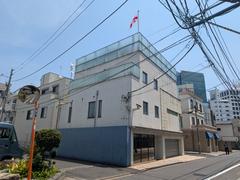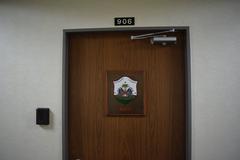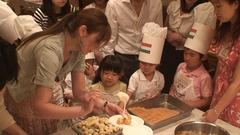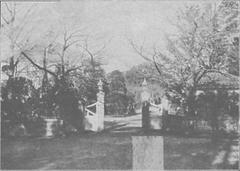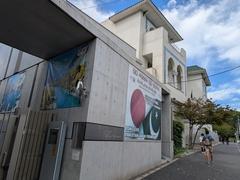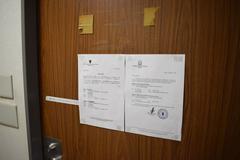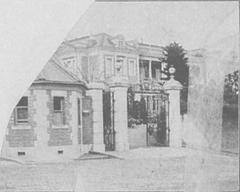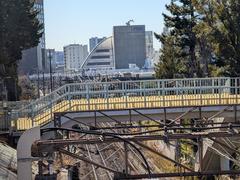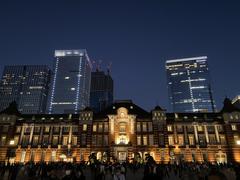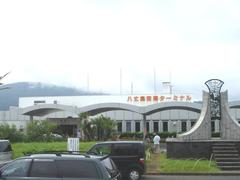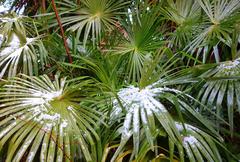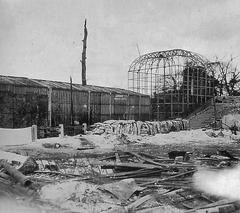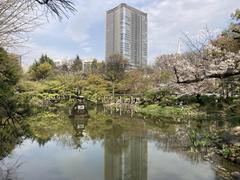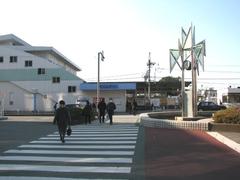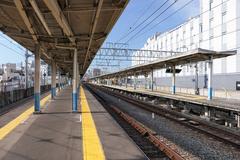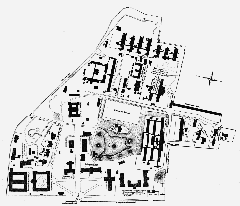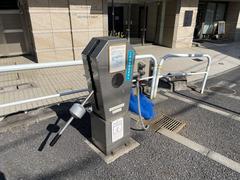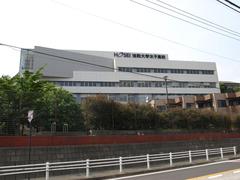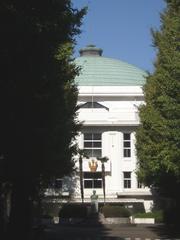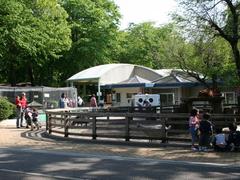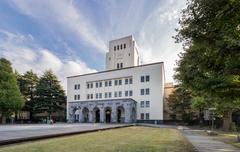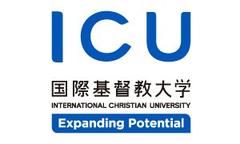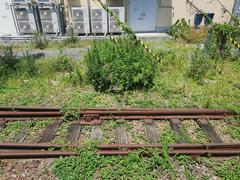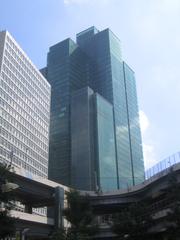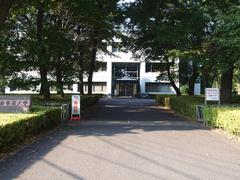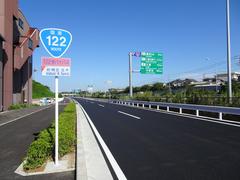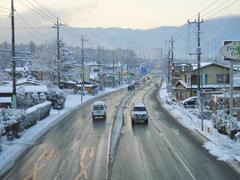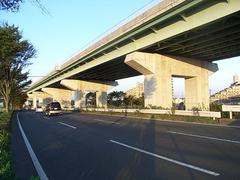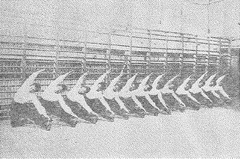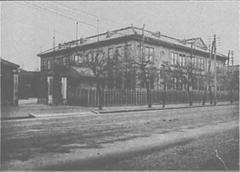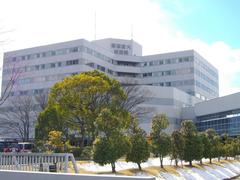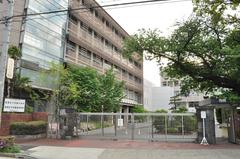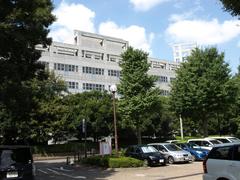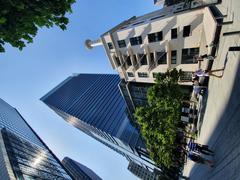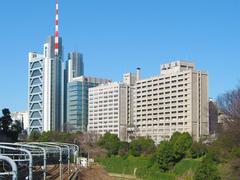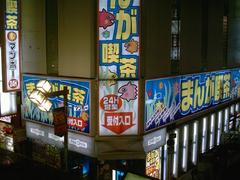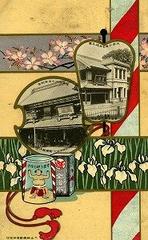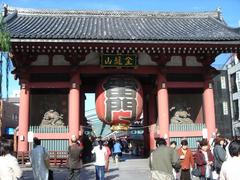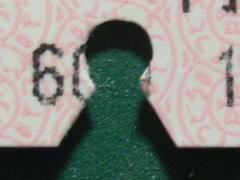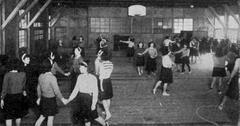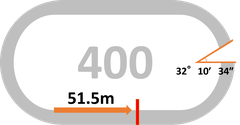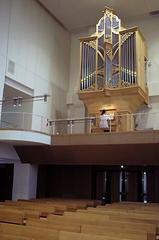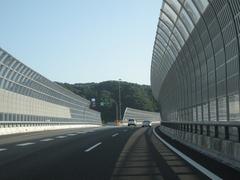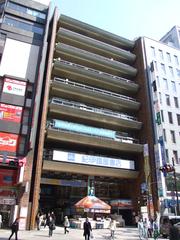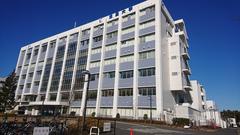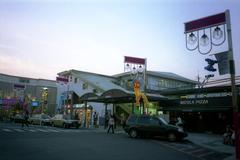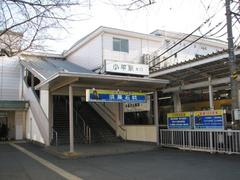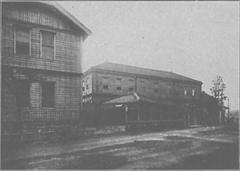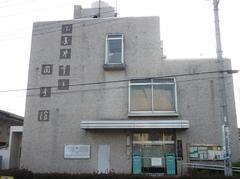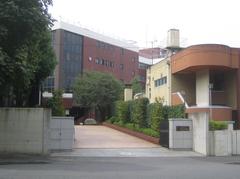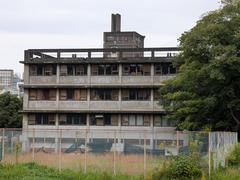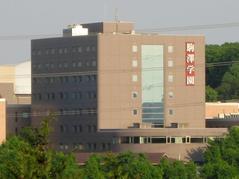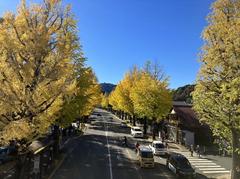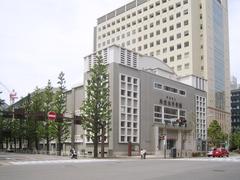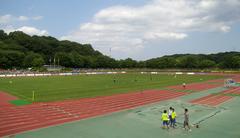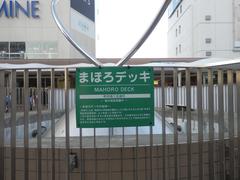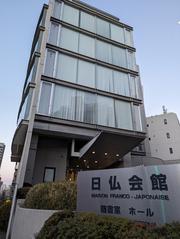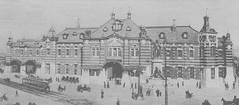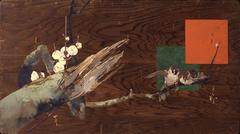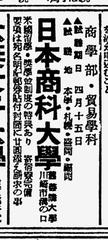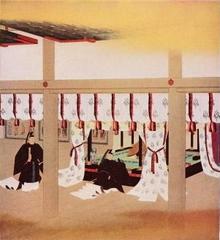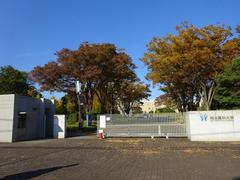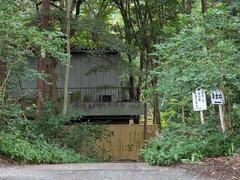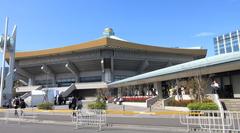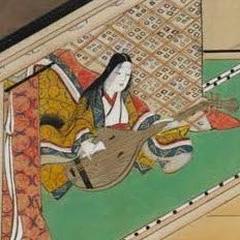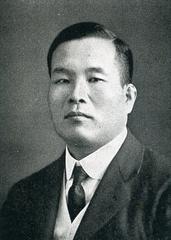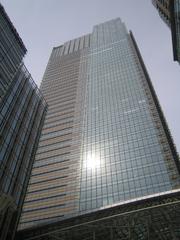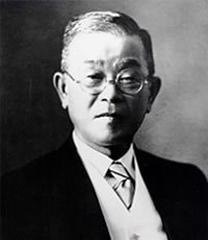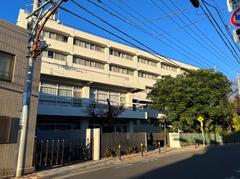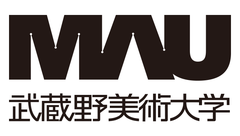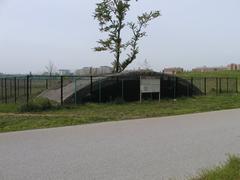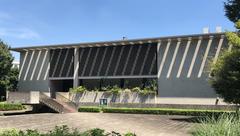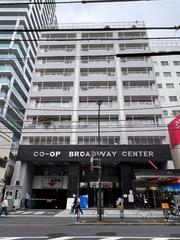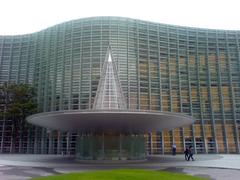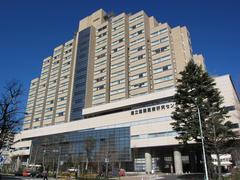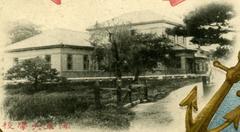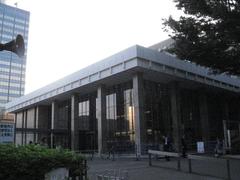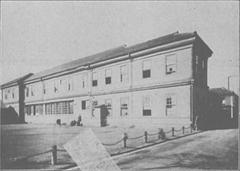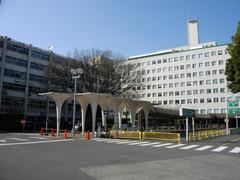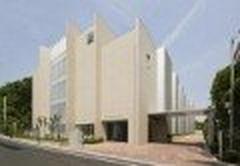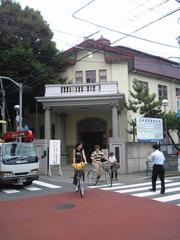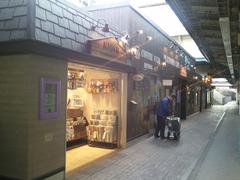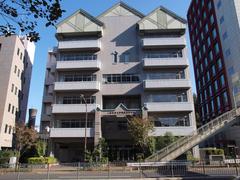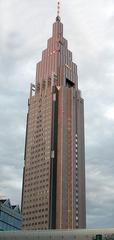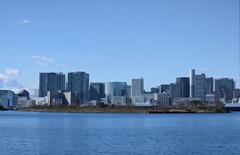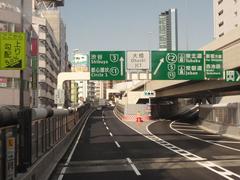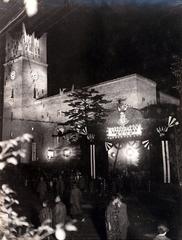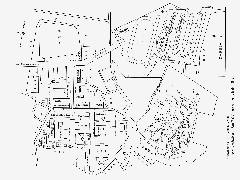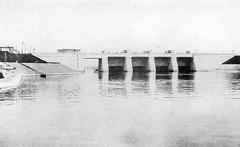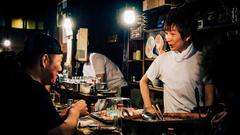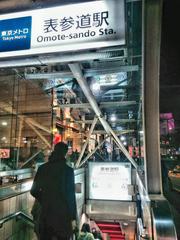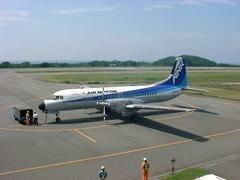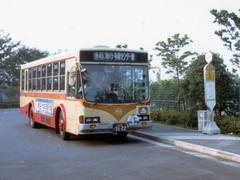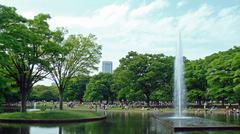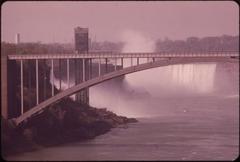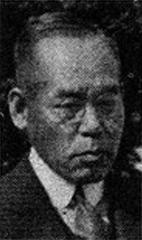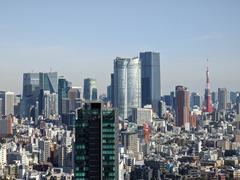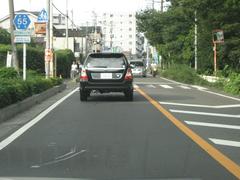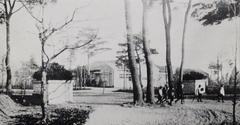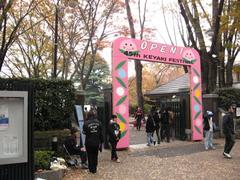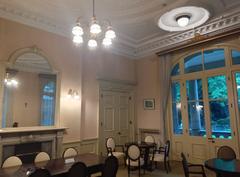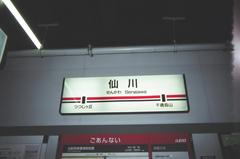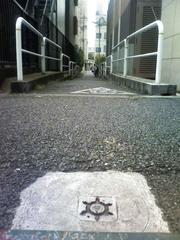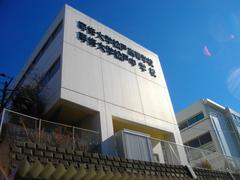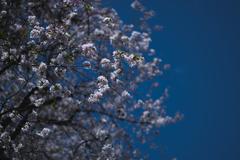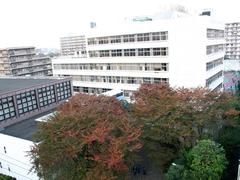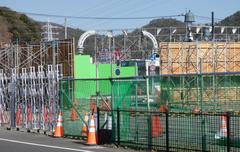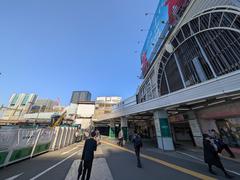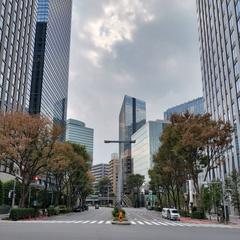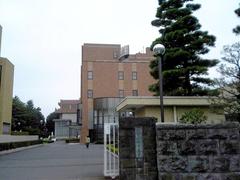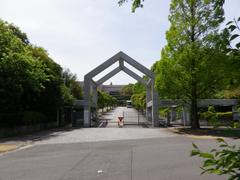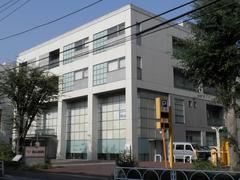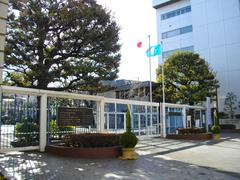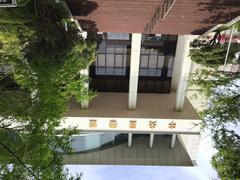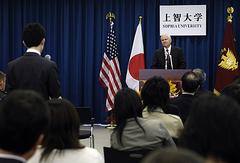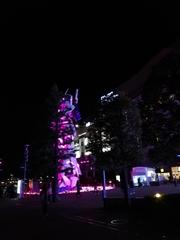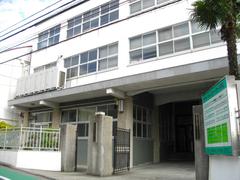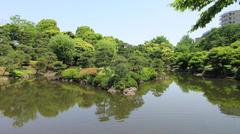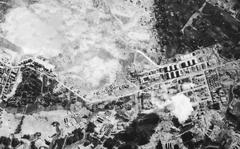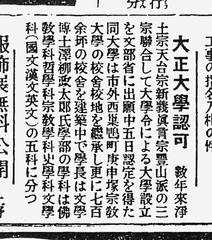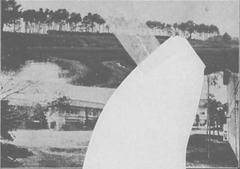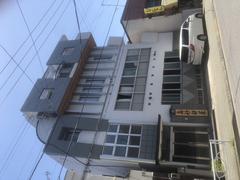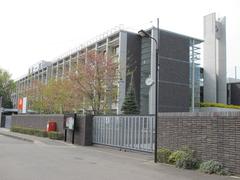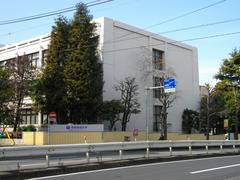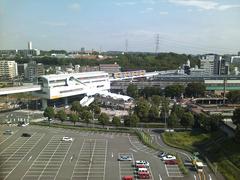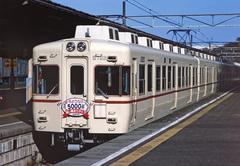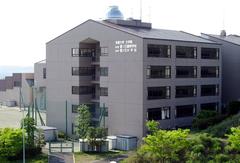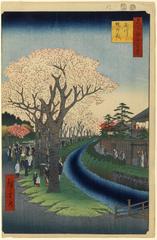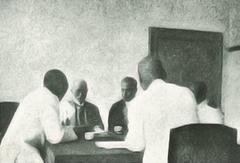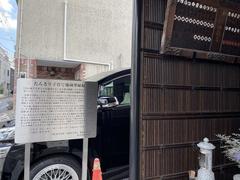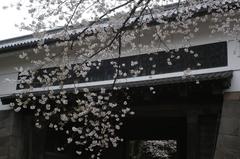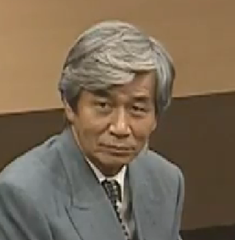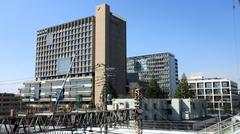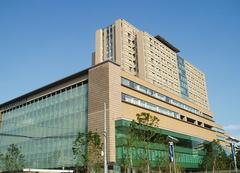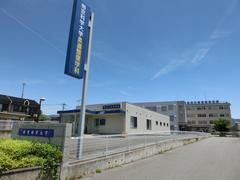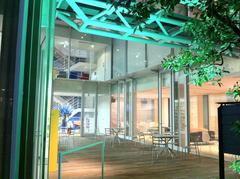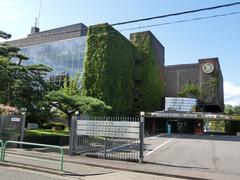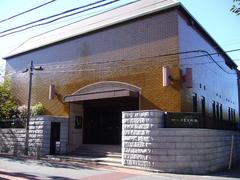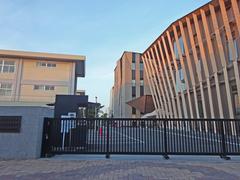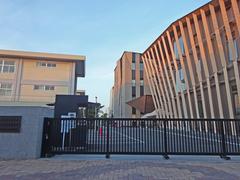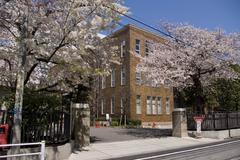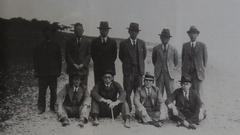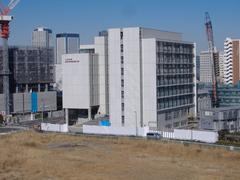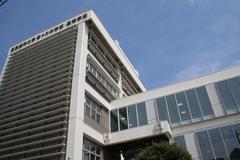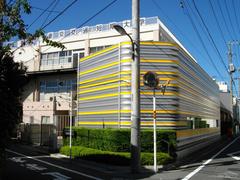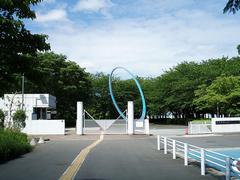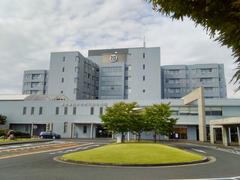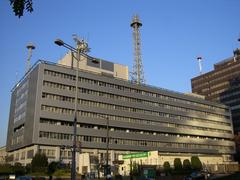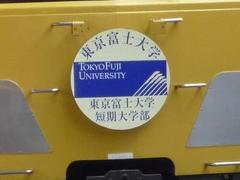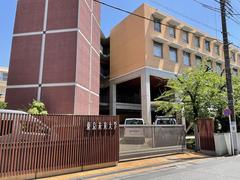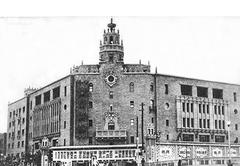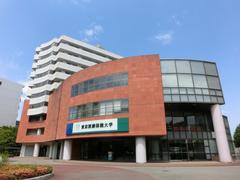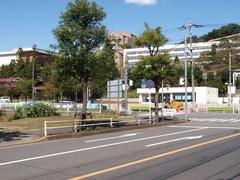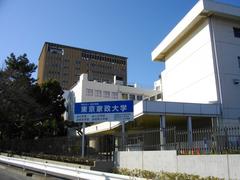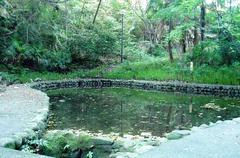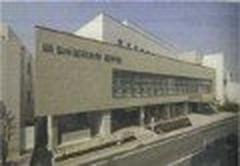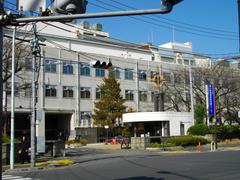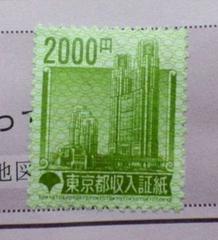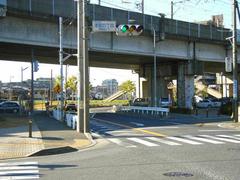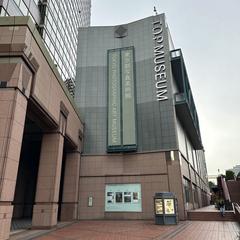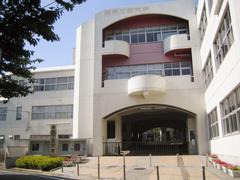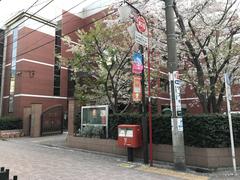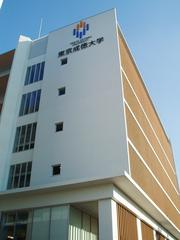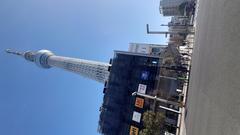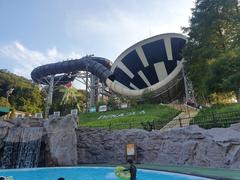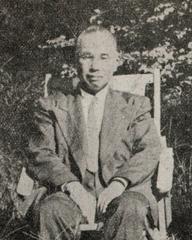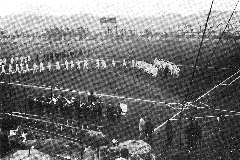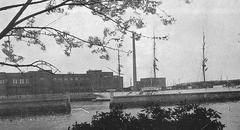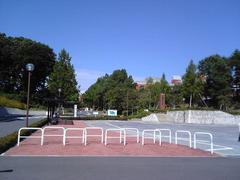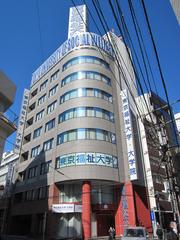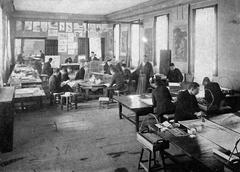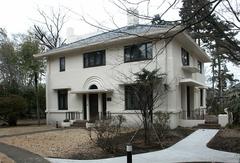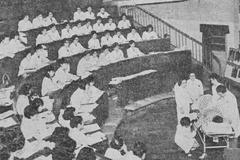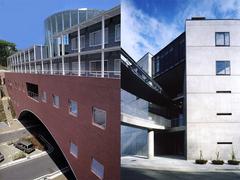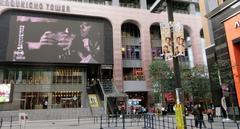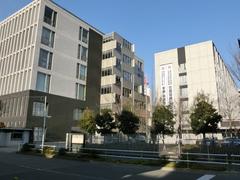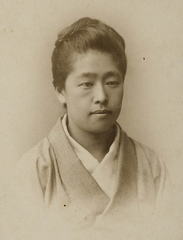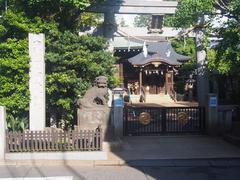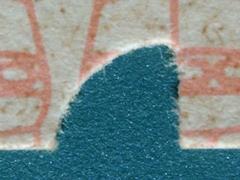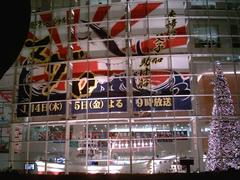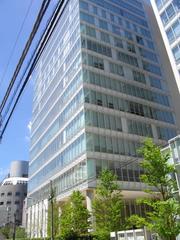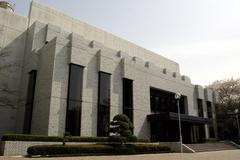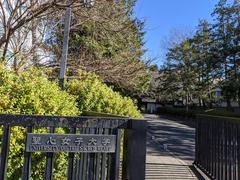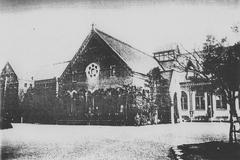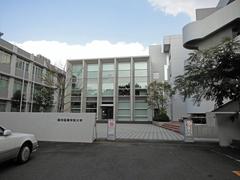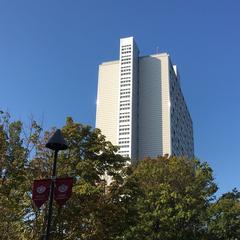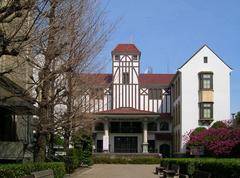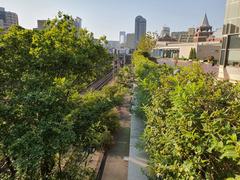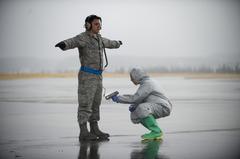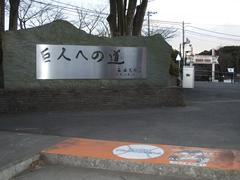Japanese Red Cross College of Nursing Tokyo Visiting Guide: Tickets, Hours, and Tips
Date: 14/06/2025
Introduction
The Japanese Red Cross College of Nursing (JRCCN) in Tokyo stands as a distinguished institution rooted in Japan’s rich healthcare and humanitarian history. Established in 1890 under the auspices of the Japanese Red Cross Society—which itself dates back to 1877—JRCCN has evolved from a hospital-based nurse training facility into a comprehensive higher education institution renowned for its commitment to advancing nursing education, disaster relief, and global collaboration. A visit to JRCCN offers rare insights into an academic environment that blends rigorous learning with humanitarian values, and it is an ideal destination for prospective students, healthcare professionals, and anyone interested in Japan’s medical heritage and cultural context (JRCCN Official Site).
Overview: What to Expect
- Introduction to JRCCN
- History and Cultural Significance
- Visiting Information: Location, Access, and Hours
- Guided Tours and Educational Programs
- Accessibility and Visitor Services
- Photography and Media Guidelines
- Nearby Attractions
- Educational and Humanitarian Impact
- Frequently Asked Questions (FAQ)
- Planning Your Visit
- Contact and Official Resources
History and Significance
JRCCN’s roots are intertwined with the Japanese Red Cross Society, founded to provide impartial medical relief during the Satsuma Rebellion. Over the decades, JRCCN grew through key milestones such as the establishment of a junior college in 1954, the launch of graduate programs in the 1990s, and the introduction of co-education in 2001. Today, it is recognized for pioneering disaster nursing programs and for fostering international partnerships that advance global health leadership (JRCCN History).
Campus Locations and Access
Hiroo Campus (Main)
- Address: 4-1-3 Hiroo, Shibuya-ku, Tokyo 150-0012, Japan
- Nearest Station: Hiroo Station (Tokyo Metro Hibiya Line), approximately a 5-minute walk
- Highlights: Modern facilities, tranquil green spaces, and proximity to cultural hotspots like Roppongi, Shibuya, and Harajuku
Other Campuses
- Omiya Campus: Chuo-ku, Saitama—focused on community-oriented nursing education
- Musashino Campus: Musashino, Tokyo—set near Inokashira Park, ideal for experiencing a quieter academic atmosphere
For detailed maps and directions, refer to the JRCCN Campus Access Page.
Visiting Hours and Entry
JRCCN is primarily an academic institution and not a conventional tourist destination. Public visits require advance appointment, typically through the International Collaboration Center. The college hosts open campus events, public lectures, and academic symposia, offering opportunities for guided tours and deeper engagement with faculty and students.
How to Arrange a Visit:
- Contact: International Collaboration Center
- Email: [email protected]
- Phone: +81-3-3409-0875
Campus Hours:
- Hiroo and Musashino Campuses: Weekdays, 8:30 AM – 6:00 PM (guided visits by arrangement)
- Omiya Campus: Weekdays, 9:00 AM – 5:00 PM (prior arrangement recommended)
Entry Fee: Free for public areas; guided tours require advance booking.
Guided Tours and Educational Programs
- Guided Tours: Available by appointment, especially during open campus days and special events. Tours highlight JRCCN’s history, facilities, and disaster nursing programs.
- Educational Events: Public lectures and seminars on topics such as disaster response, humanitarian work, and healthcare education are held occasionally. Advance registration is required.
Accessibility and Visitor Services
- All campuses are wheelchair accessible, with elevators and ramps available.
- Visitors with disabilities are encouraged to contact administration in advance to request specific accommodations.
- Visitor’s Cards may be required; check in at the main office upon arrival.
- Mask-wearing indoors and respect for campus etiquette are expected, especially in clinical and classroom areas.
Photography and Media Guidelines
- Photography is permitted in designated public areas; interior and classroom photography require prior permission.
- For media visits or virtual tours, coordinate with the college’s public relations office.
Nearby Attractions
- Hiroo Campus: Arisugawa Park, Tokyo Metropolitan Library, Roppongi Hills, Shibuya, and Harajuku
- Musashino Campus: Inokashira Park, Kichijoji shopping district
- Omiya Campus: Local community centers and cultural spots in Saitama
These attractions offer relaxation and cultural enrichment before or after your campus visit.
Educational Highlights and Humanitarian Impact
JRCCN is internationally recognized for its disaster nursing programs, emphasizing clinical expertise, ethics, and humanitarian principles. The college’s alumni play vital roles in healthcare, disaster relief, and community health both in Japan and abroad. International collaborations with institutions in Asia, Europe, and the Americas support academic exchanges and research in global health (Study in Japan).
Cultural Insights
Japanese nursing, as practiced and taught at JRCCN, is characterized by subtlety, respect, and group harmony. Professional interactions often reflect hierarchical structures and a collective ethos, which visitors may observe during campus tours or events (PubMed Study). These cultural nuances enrich the experience of learning about healthcare in Japan.
Frequently Asked Questions (FAQ)
Q1: Can the general public visit JRCCN?
A: Yes, but visits require advance arrangement or participation in scheduled events.
Q2: Are there guided tours?
A: Guided tours are available by appointment, especially during open campus days.
Q3: Is the campus accessible for visitors with disabilities?
A: Yes, all main campuses are wheelchair accessible.
Q4: Are public lectures or seminars offered?
A: Public events are held occasionally; check the official website for updates.
Q5: Is there an entry fee?
A: No, campus visits and tours are free, but must be arranged in advance.
Q6: Can I take photos?
A: Photography is generally allowed outdoors, but indoor photography requires permission.
Planning Your Visit
- Arrange your visit well in advance through the International Collaboration Center
- Bring a Japanese-speaking companion or interpreter if possible, as most signage is in Japanese
- Respect campus etiquette and maintain a quiet, academic atmosphere
- Check nearby attractions for a fuller Tokyo experience
For up-to-date information on events, tours, and campus access, refer to the JRCCN Official Website.
Contact Information
- Hiroo Campus Address: 4-1-3 Hiroo, Shibuya-ku, Tokyo 150-0012
- Phone: +81-3-3409-0875
- International Collaboration Center Email: [email protected]
- Official Website: JRCCN English Access
Conclusion
A visit to the Japanese Red Cross College of Nursing is more than an academic excursion—it’s an opportunity to connect with Japan’s legacy of compassion, professionalism, and international cooperation in healthcare. With its blend of historical significance, educational excellence, and cultural depth, JRCCN offers invaluable experiences for anyone interested in the foundations and future of nursing.
For the latest visitor information, download the Audiala app, follow JRCCN on social media, and explore related articles on our website.
Sources and Official Links
- Discovering the Japanese Red Cross College of Nursing: History, Education, and Visitor Information (JRCCN Official Site)
- Visiting the Japanese Red Cross College of Nursing: Campus Guide and Visitor Information (JRCCN Campuses)
- Visiting the Japanese Red Cross College of Nursing in Tokyo: Hours, Tours, and Cultural Insights (JRCCN Access)
- PubMed Study on Japanese Nursing Culture (PubMed Study)
- Study in Japan: Japanese Red Cross College of Nursing (Study in Japan)
